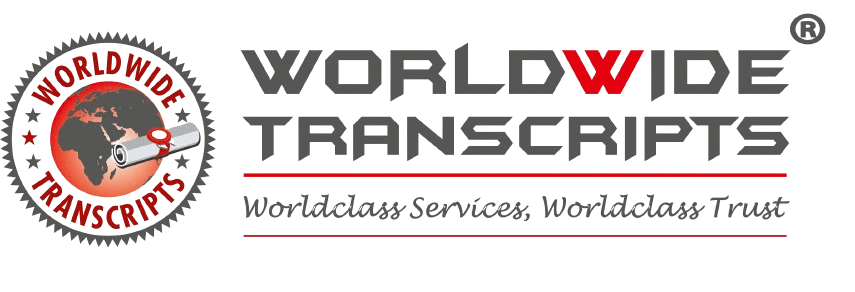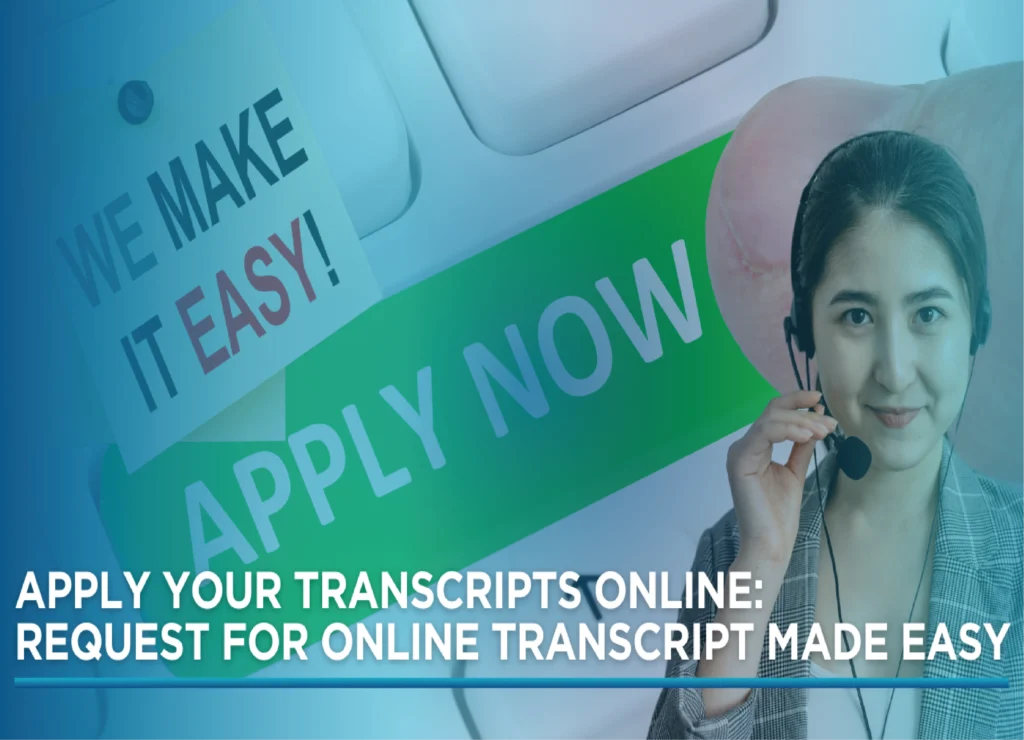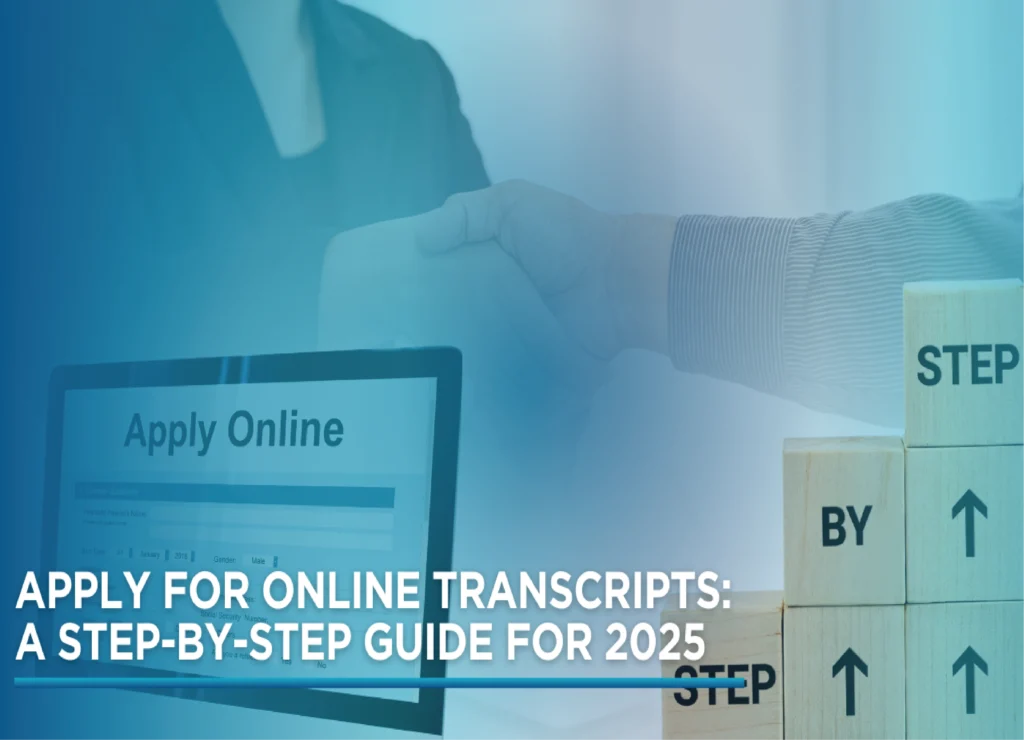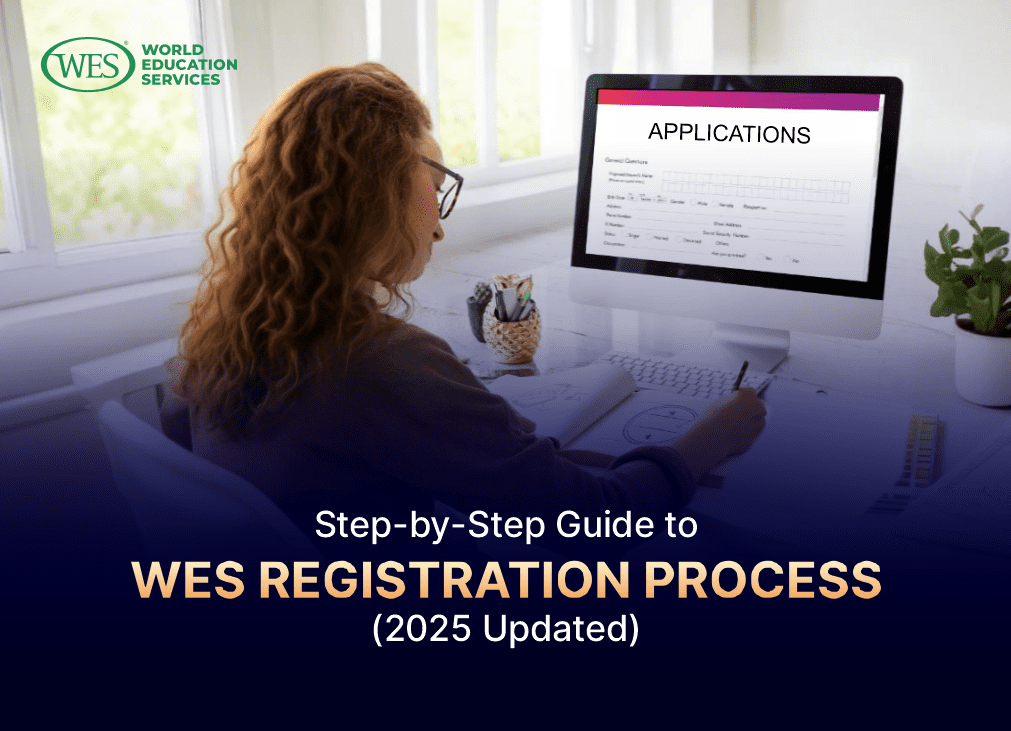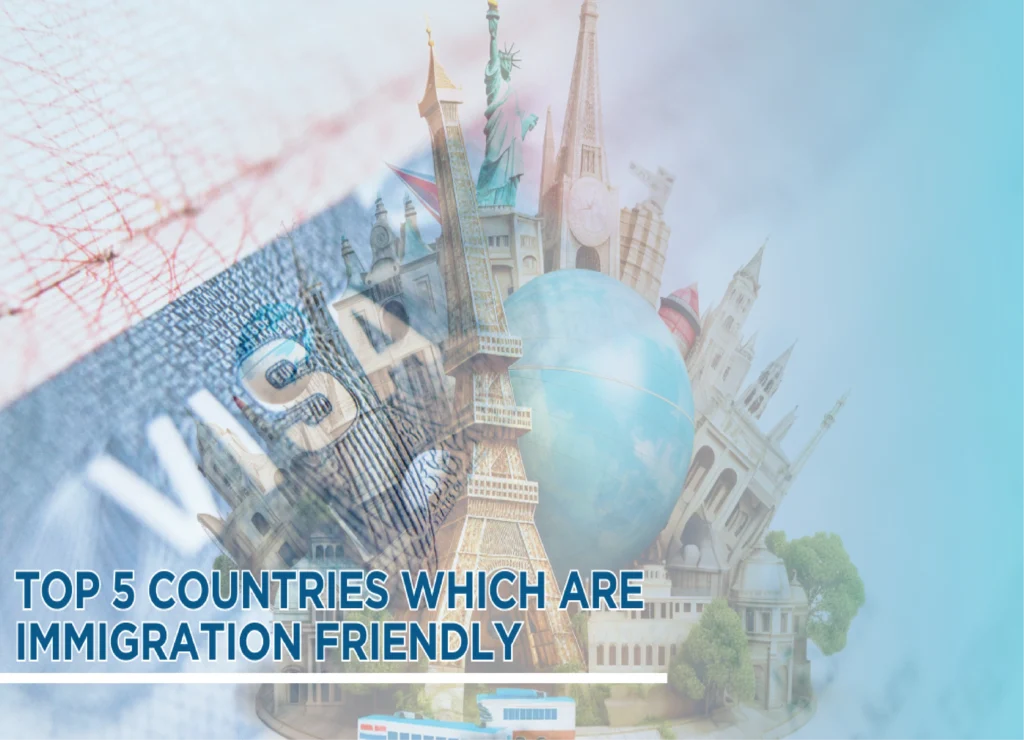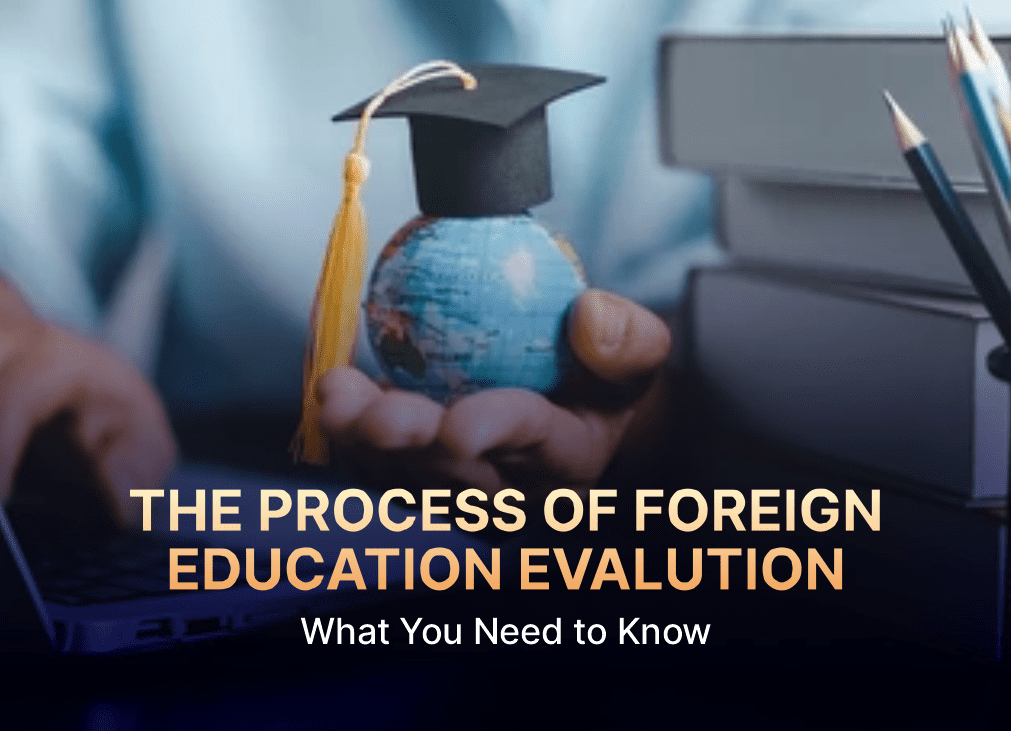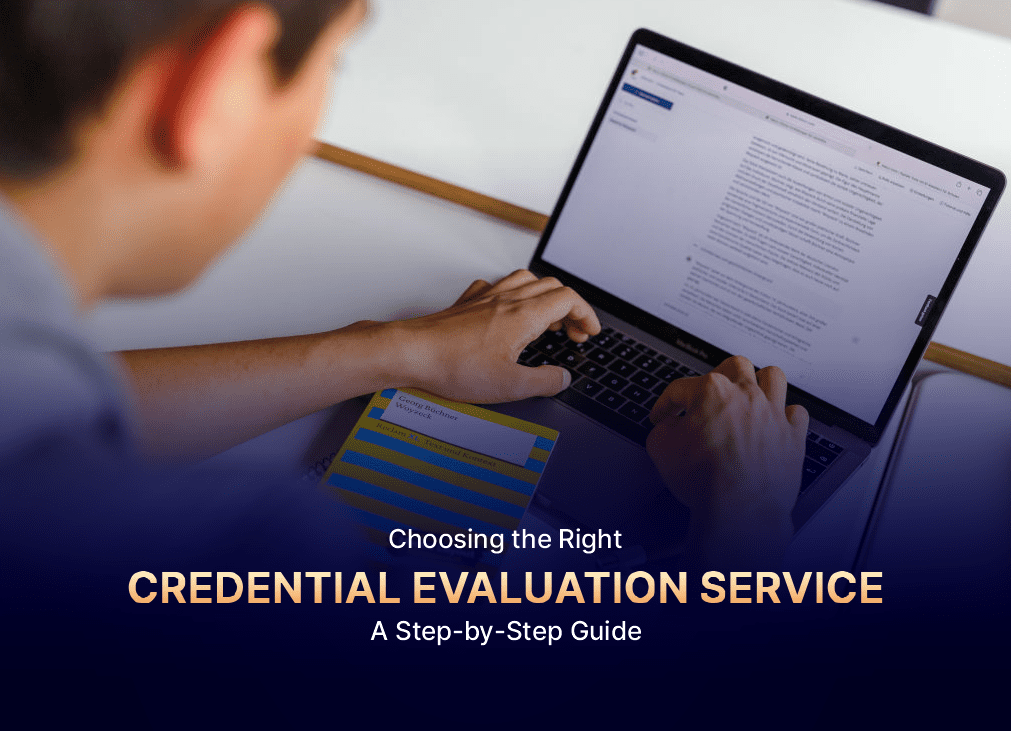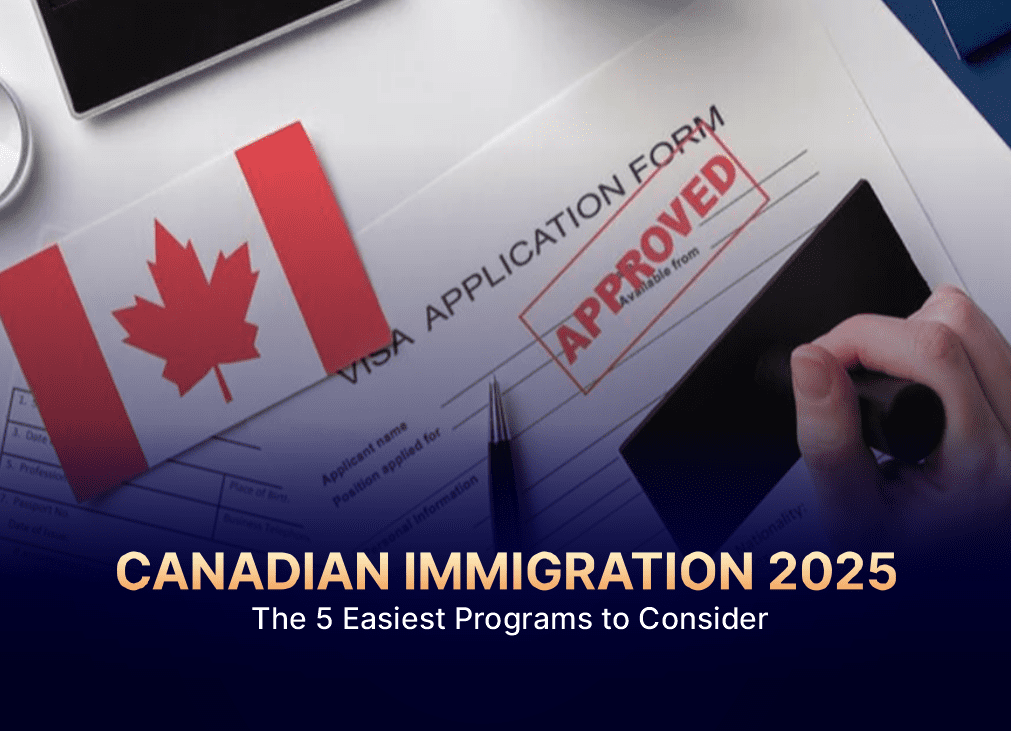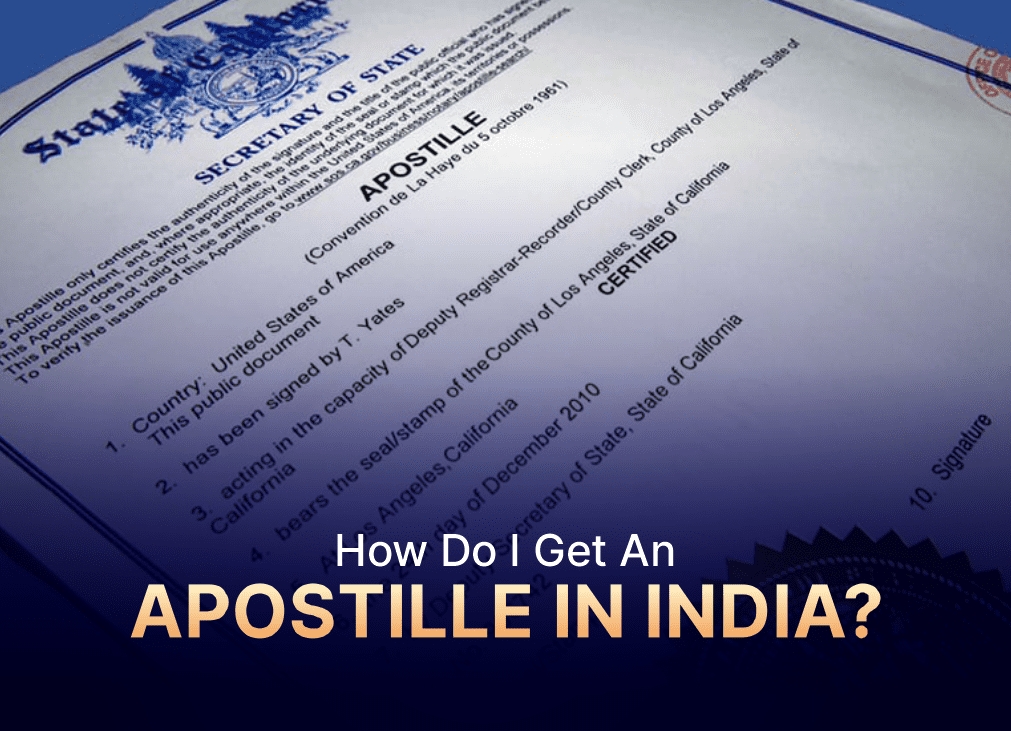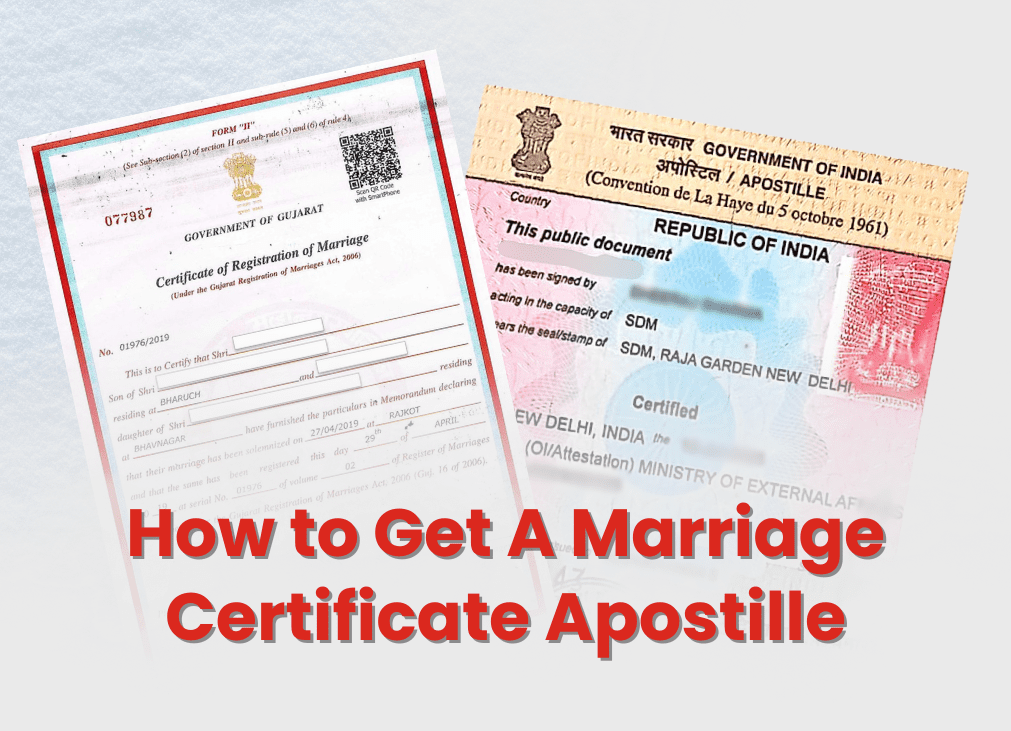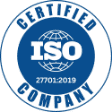Apply Your Transcripts Online: Request for Online Transcript Made Easy
In a digital world, applying for and getting your academic transcript should be an easy and stress-free process. Whether you are planning to migrate to Canada or the US for higher education, a job, or permanent residence (PR), the most important document in this journey you will require is your academic transcripts from your school of studies or university. In India, getting an official transcript from indian universities involves multiple visits, lengthy paperwork, and internal administration delays. But now, you can apply for a university transcript online, and online platforms like Worldwide Transcripts make the procurement process smooth and efficient. Let’s understand how you can request a transcript online and why it is important for your Permanent Residency application, higher education abroad, or overseas employment. What is an Academic Transcript? A Transcript is an authoritative document issued by a university that lists a student’s academic history, courses, subjects, grades, and degrees earned. It acts as your Proof of Education and is mandatory for: University Admissions abroad (especially for postgraduate and professional programs) Credential Evaluation by ECA bodies like WES, IQAS, CES, and ICAS Immigration & PR applications Work visa or licensing abroad Getting your verified, official, and university-sealed transcript is essential to avoid application rejections or delays. Why Apply for Transcripts Online? Traditionally, applying for transcripts from Indian universities could be frustrating—physical visits, long queues, unclear timelines, and lost applications. By choosing to apply for transcript online, especially through a trusted Transcript service provider or agencies like Worldwide Transcripts, you unlock the following benefits: No Campus Visits – Everything is done remotely. Real-Time Updates – Know the status of your application through app/email. Fast Turnaround – E-transcripts can be delivered within 24-48 hours post-verification. Global Delivery – Transcripts sent directly to ECA bodies, universities, and employers abroad. Safe & Secure – End-to-end encryption, secure delivery. Step-by-Step Guide to Requesting Transcripts Online If you’re wondering how to apply your transcripts online, here’s a detailed breakdown to guide you through: 1. Visit the Online Portal or Trusted Transcript Agency: Not all universities in India offer a self-service online transcript portal. This is where Worldwide Transcripts bridges the gap by serving over 850 Indian universities to handle your request end-to-end. 2. Fill Out the Transcript Request Form Provide necessary academic and personal details, including: University Name & Course Completed Year of Passing Number of Transcript Sets Required Delivery Address (ECA body like WES or an international university) 3. Upload Required Documents To apply for transcript, the following documents are usually required: All semester/year-wise mark sheets (clear copies) Degree Certificate or Provisional Certificate (students who need their MJPRU Provisional Certificatecan apply online through Worldwide Transcripts to simplify their transcript request process) Valid ID proof (Passport, Aadhaar, Voter ID) ECA Reference Number (if applicable) Transcript Application Form (signed and filled) Authorization letter (if applying via an agency) 4. Pay the Transcript Fee Transcript request fees vary depending on the number of sets and delivery preference (digital/physical). With Worldwide Transcripts, the pricing is transparent and includes: University Fees Logistics or Courier Charges Minimal Service Fee If you are planning to transfer to another university, you can also apply for a migration certificate online to make the process smoother and faster. 5. Verification and Delivery Once documents are procured, your University Transcript is collected, sealed, signed, and securely delivered to your recipient. Electronic Transcripts We assist in securing transcripts from the university, ensuring quick and secure digital delivery to affiliated ECA bodies like ECE(1), IQAS(2), NASBA(3), One Earth(4) and many more. Physical Transcripts Your transcripts are securely packaged and sent in sealed envelopes to meet verification requirements. OR you can simply contact a trusted Transcript agency like Worldwide Transcripts, and they will handle the entire process on your behalf from start to finish.

